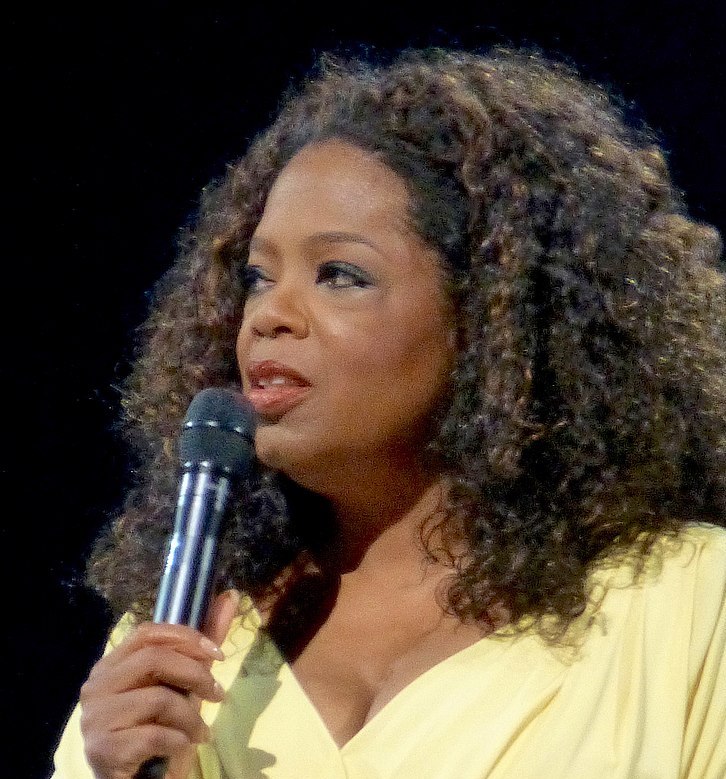 author
authorRowan Williams
Rowan Douglas Williams, Baron Williams of Oystermouth, PC, FBA, FRSL, FLSW, is a Welsh Anglican bishop, theologian, and poet. He was the 104th Archbishop of Canterbury, a position he held from December 2002 to December 2012. Previously the Bishop of Monmouth and Archbishop of Wales, Williams was the first Archbishop of Canterbury in modern times not to be appointed from within the Church of England.
Williams's importance was marked by speculation that the Anglican Communion (in which the Archbishop of Canterbury is the leading figure) was on the verge of fragmentation over disagreements on contemporary issues such as homosexuality and the ordination of women. Williams worked to keep all sides talking to one another. Notable events during his time as Archbishop of Canterbury include the rejection by a majority of dioceses of his proposed Anglican Covenant and, in the final general synod of his tenure, his unsuccessful attempt to secure a sufficient majority for a measure to allow the appointment of women as bishops in the Church of England.
Having spent much of his earlier career as an academic at the universities of Cambridge and Oxford successively, Williams speaks three languages and reads at least nine. After standing down as archbishop, Williams took up the position of chancellor of the University of South Wales in 2014 and served as master of Magdalene College, Cambridge, between 2013 and 2020. He also delivered the Gifford Lectures at the University of Edinburgh in 2013.
Justin Welby succeeded Williams as the Archbishop of Canterbury on 9 November 2012, being crowned in March 2013. On 26 December 2012, 10 Downing Street announced Williams's elevation to the peerage as a life peer so that he could continue to speak in the House of Lords. Following the creation of his title on 8 January and its gazetting on 11 January 2013, he was introduced to the temporal benches of the House of Lords as Baron Williams of Oystermouth on 15 January 2013, sitting as a crossbencher. He retired from the House on 31 August 2020 and from Magdalene College that Michaelmas, returning to Abergavenny, in his former diocese.
Williams did not have a formal curacy until 1980, when he served at St George's, Chesterton, Cambridge, until 1983, after having been appointed a university lecturer in divinity at Cambridge. In 1984 he became dean and chaplain of Clare College, and, in 1986, at the age of 36, he was appointed to the Lady Margaret Professor of Divinity at Oxford. This position brought with it appointment to a residentiary canonry of Christ Church Cathedral. In 1989 he received the degree of Doctor of Divinity and, in 1990, was elected a Fellow of the British Academy.
Williams, a scholar of the Church Fathers and a historian of Christian spirituality, wrote in 1983 that orthodoxy should be seen "as a tool rather than an end in itself..." It is not something that stands still. Thus "old styles come under increasing strain, new speech needs to be generated." He sees orthodoxy as several "dialogues": a constant dialogue with Christ, crucified and risen, but also that of the community of faith with the world – "a risky enterprise," as he writes. "We ought to be puzzled," he says, "when the gospel does not challenge the world." It may mean that Christians have not understood the kinds of bondage to which the gospel is addressed.
He also wrote that "orthodoxy is inseparable from sacramental practice... The eucharist is the paradigm of that dialogue which is 'orthodoxy'". This stance may help to explain both his social radicalism and his view of the importance of the Church, and thus of the holding together of the Anglican communion over matters such as homosexuality: his belief in the idea of the Church is profound.
Best author’s book




















